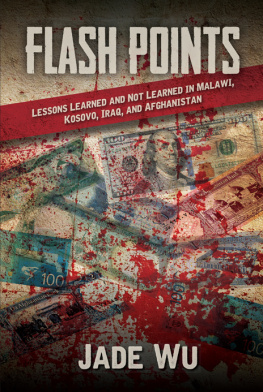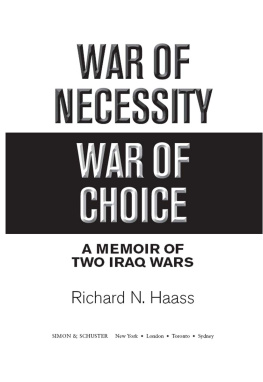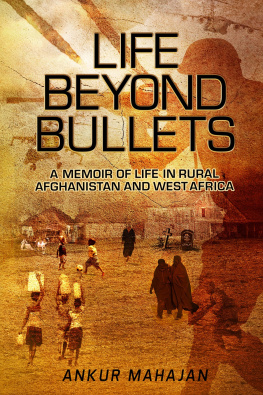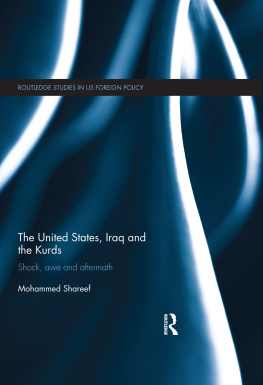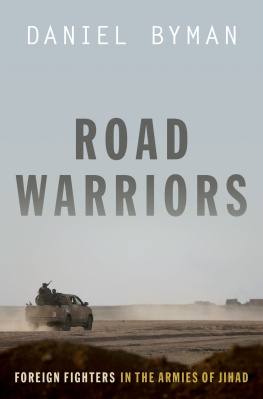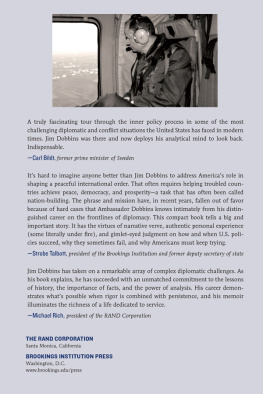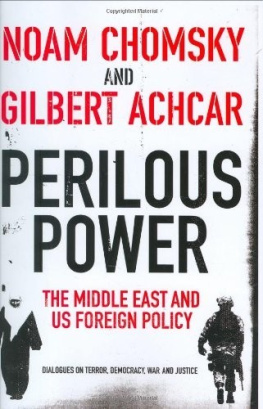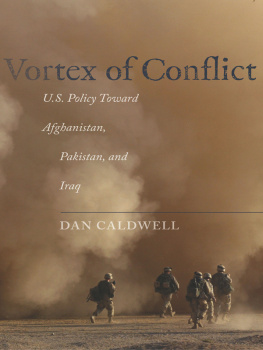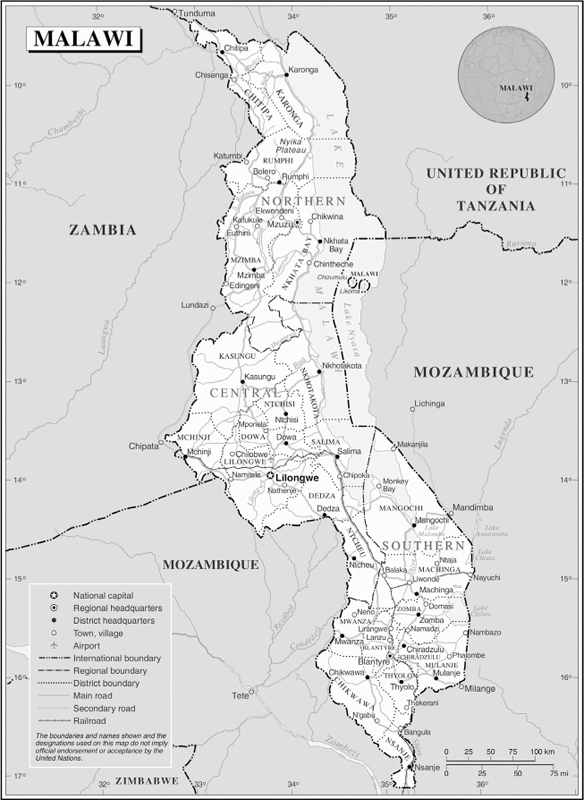FLASH POINTS
FLASH POINTS
LESSONS LEARNED AND NOT LEARNED IN MALAWI,
KOSOVO, IRAQ, AND AFGHANISTAN
Jade Wu
Published by State University of New York Press, Albany
2017 Jade Wu
All rights reserved
Printed in the United States of America
No part of this book may be used or reproduced in any manner whatsoever without written permission. No part of this book may be stored in a retrieval system or transmitted in any form or by any means including electronic, electrostatic, magnetic tape, mechanical, photocopying, recording, or otherwise without the prior permission in writing of the publisher. The above restrictions do not apply to the Wikimedia maps.
Excelsior Editions is an imprint of State University of New York Press
For information, contact State University of New York Press, Albany, NY
www.sunypress.edu
Production, Diane Ganeles
Marketing, Kate R. Seburyamo
Library of Congress Cataloging-in-Publication Data
Names: Wu, Jade, 1970 author.
Title: Flash points : lessons learned and not learned in Malawi, Kosovo, Iraq, and Afghanistan / by Jade Wu.
Other titles: Excelsior editions.
Description: Albany, NY : State University of New York Press, 2017. | Series: Excelsior editions
Identifiers: LCCN 2016031499 (print) | LCCN 2016039843 (ebook) | ISBN 9781438465456 (hardcover : alk. paper) | ISBN 9781438465470 (e-book)
Subjects: LCSH: Economic assistance, AmericanMalawi. | Economic assistance, AmericanKosovo (Republic) | Economic assistance, AmericanIraq. | Economic assistance, AmericanAfghanistan.
Classification: LCC HC60.W85 2017 (print) | LCC HC60 (ebook) | DDC 338.91/73dc23
LC record available at https://lccn.loc.gov/2016031499
10 9 8 7 6 5 4 3 2 1
For Bruce.
For the brave men and women who tried to make
their professions better by speaking truth to power.
And for the American people, whose hard-earned tax dollars
funded innumerable programs overseas.
It is easy in a time of great events to overlook one of the hard facts of history: a nation may lose its power and integrity slowly, in minute particles.
William J. Lederer and Eugene Burdick,
The Ugly American (1958)
Contents
I
F RESH IN M ALAWI
II
C RISIS IN K OSOVO
III
S URPRISE IN I RAQ
IV
N UMBERS IN A FGHANISTAN
V
B UREAUCRACY IN W ASHINGTON
Illustrations
Introduction
Flash! Flash! And flash ! The memories kept coming back. Walking down the street from my apartment in Arlington, Virginia, I saw moments from my time overseas return. A branch would fall, a squirrel would jump, a motor would roarand boom, scenes from the past flashed back.
Like many young Americans who went overseas to poorer countries with little life experience and a big bag of hope, I wanted to save the world. I wanted to fix things, solve problems and make life better for the less fortunate. Yet once in the field, not only had I found intricacies on the ground more difficult to navigate than I had imagined, I was surprised and aghast at the quality of many Americans working abroad. Whereas in the do-gooders world one would have expected to find devotion, compassion, knowledge, and creativity, I witnessed a great deal of ignorance, nonchalance, poor judgment, and a proclivity toward wastemuch of which went unchecked and was repeated in one developing country I went to after another. From Peace Corps volunteers to American subcontractors, these mentalities and actions affected how the locals perceived Americans and eventually worked against many U.S. policies and programs.
But that wasnt all.
Where money was big and greed was bigger, as they were with overseas contracts in Iraq and Afghanistan, I saw the alarming saturation of huge contracting companies that brought in a different kind of workforce and politics. Thriving on appearances, statistics, and the bottom line, these companies brought in many Americans whose focus on their big salaries detracted from their relationships with the locals and the purpose of their programs, corrupting the reasons why the U.S. was in these countries in the first place.
This story is my personal, unvarnished account as an implementer, the little guy on the ground who was part of executing U.S. policy and programs. There have been many books by renowned policymakers, top government advisors, and high-ranking military officers but too few by those whose faces were closest to the soil, the local people, the programs, and the problems.
It is the story of how I entered the field of U.S. foreign assistance and what I saw as America spent large amounts of money, time, and lives to make the world a better and safer place. From the hot savannah of Malawi through the cold damp gray of Kosovo and into the volatile war zones of Iraq and Afghanistan, I tell my version with candor, humor, sadness, and irony.
I tell this tale as a conscientious civilian who became so appalled by what I found that I felt compelled to speak truth to power. I speak because the American people have the right to know. They have the right to know what types of activities, mentalities, and personalities their hard-earned tax dollars paid forand continue to pay for.
As the U.S. encounters difficulties in many developing countries, particularly in the Islamic world, this story is about the lessons learnedor, more accurately, many that should have been learnedwhen dealing with people in another country of a different culture and religion. It was written to stimulate thought, questions, and, hopefully, action for the better.
As of this writing I have worked in foreign assistance in six countries besides the United States. Yet I am only discussing incidents in four because my memories from these flashed the sharpest and the clearest, and their experiences carried a stronger message.
So sit down, focus, and read. Put yourself in my shoes. What would you do?
Would you laugh, cry, speak up, or run?
Jade Wu
Patriot Day
September 11, 2016
Note on Names, Terms, and Statements
Names
For the protection of all concerned, except for public figures and the author herself, all names of individuals and some identifying characteristics have been changed.
For security reasons, the names of TONI and Newport compounds are pseudonyms.
Terms
U.S. foreign assistance encompasses a large number of overlapping but related fields, including development, humanitarian assistance, and peace-building, reconstruction, and stabilization. The terms denoting these fields are used throughout the work. The author is fully aware that there may be distinct differences among these fields that nevertheless are often simultaneously pursued or blend from one to the other. This work is not about defining these terms but about examining our conduct in the field of helping others abroad.
Statements
This work is based on the authors observations and experiences. The statements of the author should not be construed to be the official statements of the entities mentioned. The author has no intention to embarrass, slander, defame, or malign anyone. The important point here is that these events took place and what we can learn from them to improve the way we conduct ourselves in the field of U.S. foreign assistance.
I
F RESH IN M ALAWI

